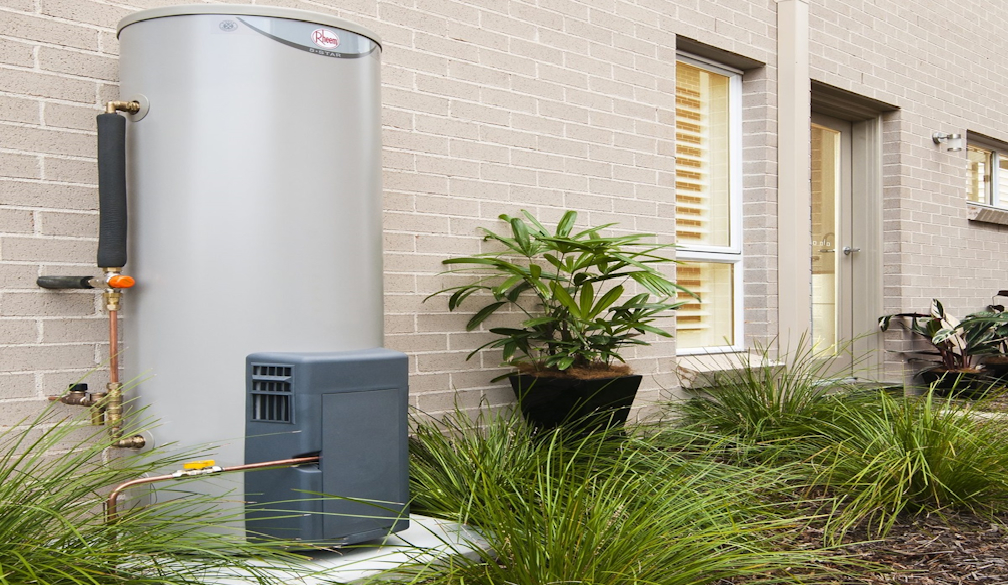Winter Pool Upkeep - Is It Necessary?
- Written by News Company

In winter, harsher elements such as rain and wind can have a real impact on your backyard pool. Many pool owners will choose to switch off their pool equipment and cover up during the winter months to cut electricity and chemical costs.
However, this can be at the detriment of the pool. Not only does this risk damaging expensive filtration and sanitation components, it can also damage the overall design of the pool.
Regularly maintaining your pool during the winter months will ensure that it operates as it should – saving on costs later down the track.
This blog will act as a guide to keeping your home’s swimming pool in the best possible condition as the colder weather starts to set it in.
1. Keep your pool clean
Brush the walls and floor. After this start vacuuming your pool every two or three weeks to prevent nasty algae from building up. Ensure that your skimmer baskets and pump’s lint basket are clean to ensure you have an efficiently working filtration system.
2. Balance your pool water
The pH level of your pool need to be between 7.2 and 7.6. This can be checked easily if you take an elbow-deep water sample and add the appropriate treatment to bring your pool to its correct pH level.
3. Clean your filters
Ensure that you regularly clean your pool’s filter, otherwise any grease or oil deposits will harden over the winter months, making the filter more difficult to clean in the summer and spring.
4. Check your chlorine levels
For a clean and clear-looking pool, you will need to maintain your pool’s available chlorine throughout winter at a constant level of 2-3 parts per million (PPM). If you’re using a salt chlorinator and a pool blanket, you can reduce the output of the chlorinator to 1-2 PPM, as chemicals and chlorine will be trapped and cause a spike in chlorine levels, and this is a possible risk to your pool equipment.
5. Using shock treatment
If you regularly shock your pool it will help to remove organic and inorganic wastes (known as chloramines). These include sweat, sun cream, bird excrement and dead insects. Using shock treatment will ensure that sanitiser is focussed on killing bacteria and algae as opposed to these contaminants.
6. Reducing the running times of your filter
Your filter should operate either three or four hours every day during winter. If you’re using a timer, make sure you adjust it. You can save a lot of money if you switch the filter on during the off-peak period of winter.
7. Cover your pool
Covering your pool will mean there is less cleaning for you to do with less organic material for algae and insects to feed on. Using pool covers and blankets will also help to minimise the evaporation of chemicals, which will save you both time and money.
Looking for a pool service Perth?
At Pool Assist we offer cost-effective and high quality pool services in Perth and the surrounding area.




